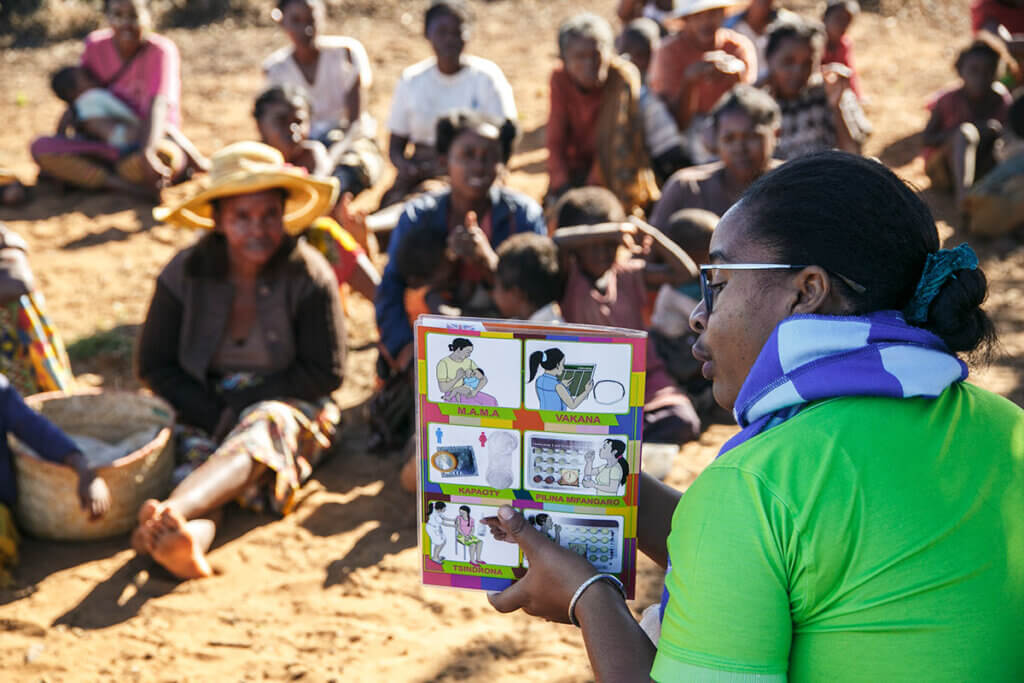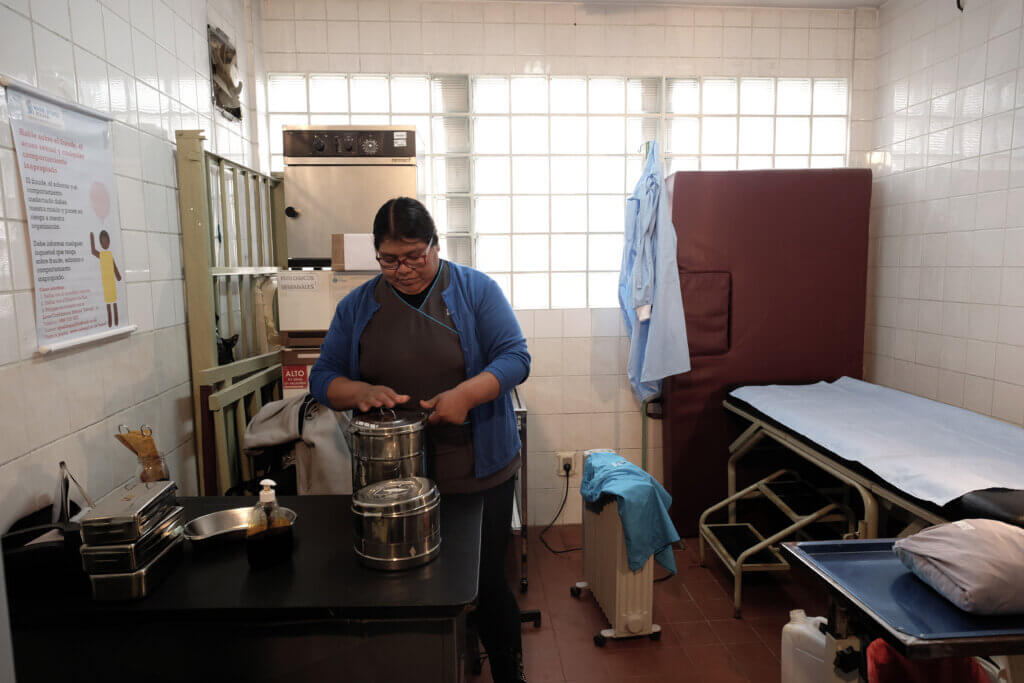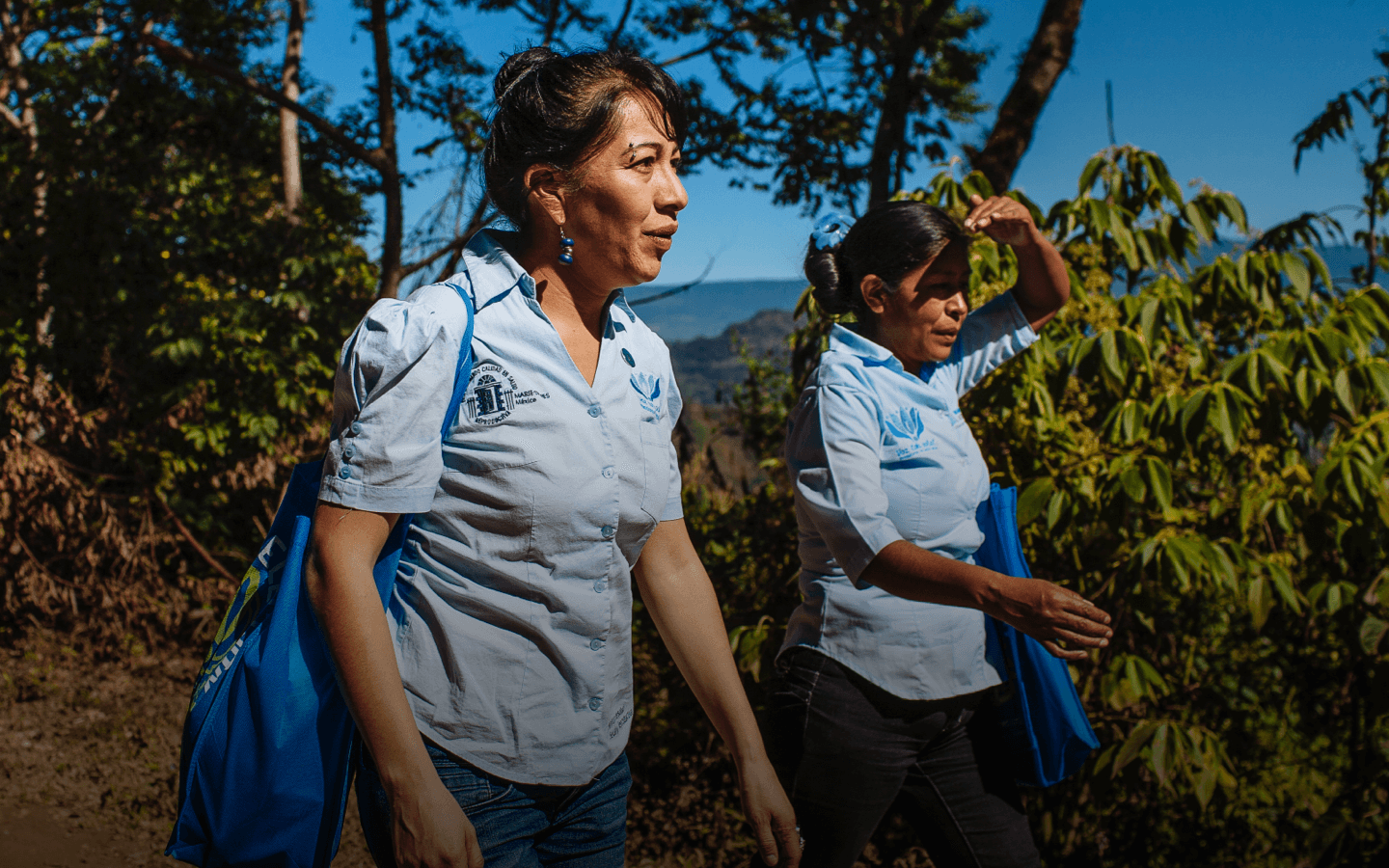What is permanent contraception?
Last year on World Vasectomy Day, MSI Bolivia’s social media took off. On their TikTok, a team member in a superhero sperm costume struck a dramatic pose while explaining the benefits of vasectomy, a permanent contraceptive method. The outreach worked, with hundreds of men signing up to learn more.
Most contraceptive methods are temporary. Whether it’s a pill you take every day or an IUD you replace every five to ten years, when you stop using the method, you’re able to conceive again. But what if you feel sure you don’t want any more children, or any children at all? MSI offers permanent contraceptive methods—vasectomy for men and tubal ligation for women—which prevent pregnancy for the rest of a person’s life.
What are permanent contraceptive methods?
Permanent contraception involve a surgical procedure which reliably prevents future pregnancies. Permanent methods are more than 99% effective at preventing pregnancy. Unlike short-term or long-acting methods, they never need to be renewed or replaced.

For men, vasectomy is a procedure that seals the tubes which carry sperm. It’s a low-risk procedure that can be performed under local anesthesia in an outpatient setting. Some men worry that getting a vasectomy will impair their sexual function, but that isn’t the case. Men who have had a vasectomy can resume their sex lives as normal, but without the risk of getting their partner pregnant.
For women, tubal ligation is a procedure that seals the fallopian tubes, which carry eggs from the ovaries to the uterus. It’s also a surgical procedure that can be performed under local anesthesia in an outpatient setting. After a tubal ligation, women will continue to get their periods. However, they won’t be able to become pregnant because the egg can’t reach the uterus.
Why would someone choose permanent contraception?
When we ask clients why they’re interested in permanent contraception, most tell us that they feel their families are complete. They have the number of children they want, and they know they won’t want anymore. Because permanent methods are difficult to reverse, MSI focuses on providing comprehensive counseling to help clients feel confident they’re choosing the right method for them.
In some countries, we’ve seen an increasing number of clients who simply choose not to have any children. They tell us they’re seeking a permanent method for a range of reasons, such as concerns about the environment or about the cost of having children. We believe that everyone should have the bodily autonomy to choose from the full range of contraceptive methods, and trust people can make the best decision for themselves, whatever their reasons.
How do we provide permanent contraceptive methods in rural areas?
Because permanent contraceptive methods involve surgical procedures, they’re often most accessible to people living in urban areas with plenty of doctors and hospitals. But everyone, no matter where they live, should be able to choose the contraceptive method that’s right for them, including permanent methods. That’s why MSI outreach teams work to make permanent contraceptive methods available in rural communities.

One MSI program that’s done this particularly well is MSI Bolivia. Their six mobile units travel across the country providing long-acting methods like IUDs and implants, as well as vasectomies and tubal ligations. Country director Ana Cecelia Velasquez Rossi explains, “The mobile units focus their work in rural areas, including indigenous territories, where people don’t always have other options for accessing these services.”
In 2021, MSI Bolivia trained its providers on the non-scalpel vasectomy technique, which is less invasive and has a shorter recovery time than traditional vasectomies. Since then, they’ve seen a dramatic increase in the number of vasectomies performed each year, both at their traditional clinics in urban areas and on outreach.
In rural areas, women who would like to access a permanent method often think they need their partner’s consent. That’s why MSI Bolivia’s outreach teams work to raise awareness about women’s reproductive rights, including the right to choose their own contraceptive method. Because of their work informing people of their rights, more women have been able to choose the method they want.
Generous support from US donors helps us ensure that everyone—no matter where they live—can pick the contraceptive method that’s right for them. Together, we’re giving people the ability to control their own bodies and futures, so they can live the lives they want.






